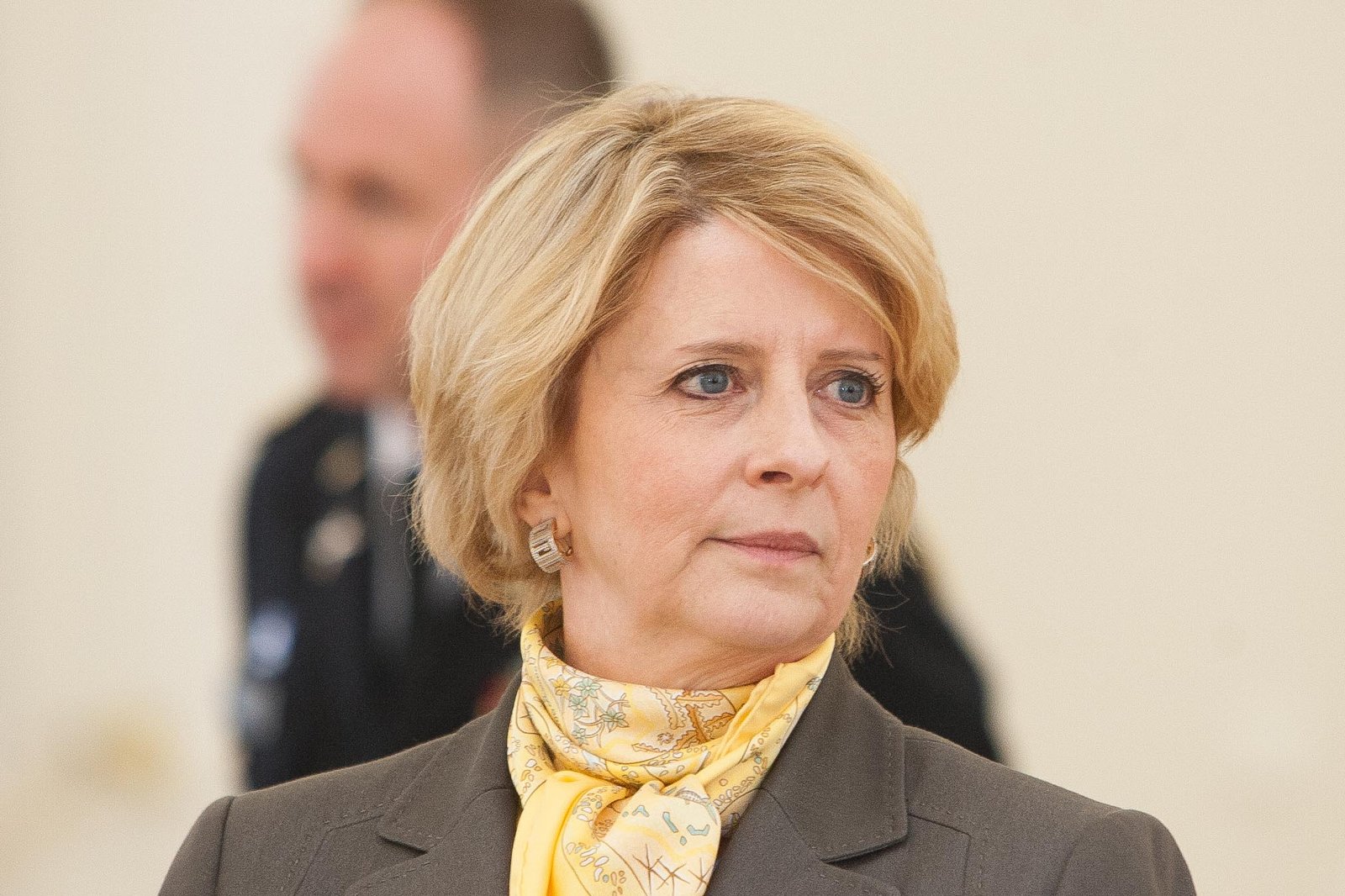

DELFI / Kiril Čachovskij
“A new generation of Americans is emerging as leaders who do not instinctively think of Europe when they think about foreign affairs or business,” the diplomat writes in her blog.
The ambassador paid attention to the fact that “one hundred years ago, most foreign born immigrants in the United States came from Europe: Germans in the Midwest, Scandinavians in far Northern America, English and Scottish in the Western American plains, and Italians, Russians and Lithuanians, among others, along the East Coast to the Midwest.”
“Today, that picture has changed dramatically,” the US ambassador says.
She cited figures from the Pew Research Center, showing that Hispanics are now the majority of immigrants in 32 of our 50 states, from 2000 to 2010, 92 percent of the growth in American population was among Hispanics, Asians, and Blacks.
“This shift in domestic demographics has major political implications for US domestic as well as foreign policy. It is only natural that, in a democracy, the focus and interests of our elected representatives shift to reflect the demographic and cultural makeup of their constituents. Also, in that same vein, those engaged in foreign policy will reflect these changes,” McCarthy writes.
“What exactly does this mean for Lithuania and bilateral relations with the US? It means that greater efforts will be required to make European perspectives of key global issues understood by these communities. It means that in discussing US-European relations, we cannot take for granted that interlocutors have family roots in Europe. Their perspectives will be different and, perhaps, their priorities,” the diplomat believes.
According to the ambassador, such a situation also means that the US-Lithuanian partnership on global challenges beyond Europe will be increasingly important.
“A strong Lithuanian role in regions and issues of importance to the US, such as Africa, Middle East, will play an increasing role in the relationship. As an active member of the EU, NATO, the OSCE, the UN and other international organizations, Lithuania can make valuable contributions to global peace and security beyond the boundaries of Europe,” McCarthy concluded.
I admit it: I’m not that type of person who follows domestic and international politics…
While Prime Minister Gintautas Paluckas does not take issue with the statements made by the…
Lithuanian economists are surprised to see our country's economic growth: the Estonian economy has been…
"The fate of Nemuno Aušra (Dawn of Nemunas) in the coalition has been decided; they…
Airvolve, a Lithuanian dual-purpose aeronautics company, has successfully completed its first round of testing and…
The world is becoming smaller, more intertwined, and increasingly fragmented, with many of the previous…